
Peptides: Benefits & Uses of Peptides for Skin
When it comes to skin health, peptides are becoming increasingly popular. From your night cream to your face serum, peptides are popping up in a variety of skincare products.
But what are peptides, and what do they do for your skin? There are a lot of speculations out there, so we’re here to give you the scoop on peptides and what they can do for your skin.
In his blog post, we’ll cover everything you need to know about peptides, including what peptides do for your skin, the benefits of peptides, and how to use peptides in your skincare routine.
Let’s get started!
What is Peptides?
Peptides are short chains of amino acids that are the building blocks of proteins. They are found in all tissues and organs, and help to build, repair, and maintain cells. In terms of skincare, peptides can help to stimulate collagen production, which is the key to youthful and plump skin.
Peptides offer a host of benefits, including reducing the appearance of wrinkles and fine lines, firming and toning skin, and helping to restore lost elasticity.
As we age, our natural collagen production starts to slow down, which leads to wrinkles and sagging skin. By using products with peptides, you can help to stimulate your skin’s collagen production, resulting in firmer, plumper skin.
Benefits of Peptides for the Skin & Face
As we mentioned, peptides offer a variety of benefits for the skin. Peptides can help to:
Clear Breakouts & Acne
If you’re struggling with breakouts or acne, peptides may be able to help. Peptides can help to kill bacteria and reduce inflammation, resulting in clearer skin. Some peptides include antimicrobial properties that can help to keep your skin healthy and free from blemishes.
One study found that a peptide-rich cream was effective in reducing the number of pimples in people with mild to moderate acne. The cream also helped to reduce the size of pimples and the redness associated with them.
Reduce Wrinkles & Fine Lines
Wrinkles and fine lines are one of the most common signs of aging. Peptides can help to plump and smooth the skin, resulting in a reduction in the appearance of wrinkles.
This is because peptides contain anti-wrinkle properties that can help to stimulate collagen production and regenerate skin cells. This helps to fill in fine lines and wrinkles, resulting in smoother, younger-looking skin.
A study found that a peptide-based cream was effective in reducing the appearance of wrinkles in people with aged skin. After 12 weeks of using the cream, participants had a significant reduction in wrinkle depth and density.
Also read: How to Remove Wrinkle on Forehead Effectively
Ease Inflammation & Soothe Sensitive Skin
If you have sensitive skin, peptides may be able to help. Peptides can help to reduce inflammation and soothe the skin. This is because peptides contain anti-inflammatory properties that can help to calm the skin.
It works by inhibiting the release of inflammatory mediators, which are responsible for causing inflammation. This can help to reduce redness, swelling, and irritation in the skin.
Make Skin more Elastic & Firm
As we age, our skin starts to lose its elasticity and firmness. This is because our collagen production starts to slow down, resulting in sagging skin.
Peptides can help to improve the elasticity of the skin and make it more firm. This is because peptides help to stimulate collagen production, which helps to tighten and lift the skin.
Improve Skin Barrier Function
The skin barrier is responsible for keeping the skin hydrated and protected from environmental aggressors. When the skin barrier is impaired, it can lead to dryness, irritation, and inflammation.
Peptides can help to improve the function of the skin barrier by stimulating the production of ceramides. Ceramides are lipids that help to keep the skin moisturized and protect it from environmental aggressors.
Types of Peptides for Skin
There are a variety of peptides that can be used for the skin. Some of the best peptides for skin include:
- antimicrobial peptides
- neurotransmitter-inhibiting peptides
- enzyme-inhibiting peptides
- carrier peptides
- signaling peptides
Antimicrobial peptides are peptides that help to kill bacteria and reduce inflammation.
Neurotransmitter-inhibiting peptides are peptides that help to reduce the appearance of wrinkles by inhibiting the release of inflammatory mediators.
Enzyme-inhibiting peptides are peptides that help to improve the function of the skin barrier by stimulating the production of ceramides.
Carrier peptides are peptides that help to deliver other ingredients deeper into the skin.
Finally, signaling peptides are peptides that help to stimulate collagen production and regenerate skin cells.
If you’re looking for a product with peptides, we recommend exploring The Pink Foundry. We offer a range of skincare products that contain peptides, including our Wrinkle Reduction Night Cream.
How to Use Peptides in your Skincare Routine?
If you want to incorporate peptides into your skincare routine, we recommend using them in a serum or cream.
- You can apply the serum before moisturiser or add them to your moisturizer. You can also layer different serums to target specific concerns. For example, you could use a hyaluronic acid serum followed by a peptide serum.
- Creams can be used as your moisturizer or as an extra step in your routine. If you’re using a cream as your moisturizer, we recommend applying it after cleansing and toning the skin.
- If you want to incorporate peptides into your current skincare routine, we recommend adding our Wrinkle Reduction Night Cream to your routine. This cream contains a variety of peptides that help to reduce the appearance of wrinkles and improve the elasticity of the skin.
Also read: Different Types of Wrinkles & Treatments for it
You can apply this cream to the face and neck every night after cleansing and toning the skin.
Conclusion
Peptides are a great addition to any skincare routine. They can help to improve the appearance of wrinkles, reduce inflammation, and improve the elasticity of the skin. Use it in a serum or cream and apply it to the face and neck every night. You’ll start to see results in as little as four weeks!

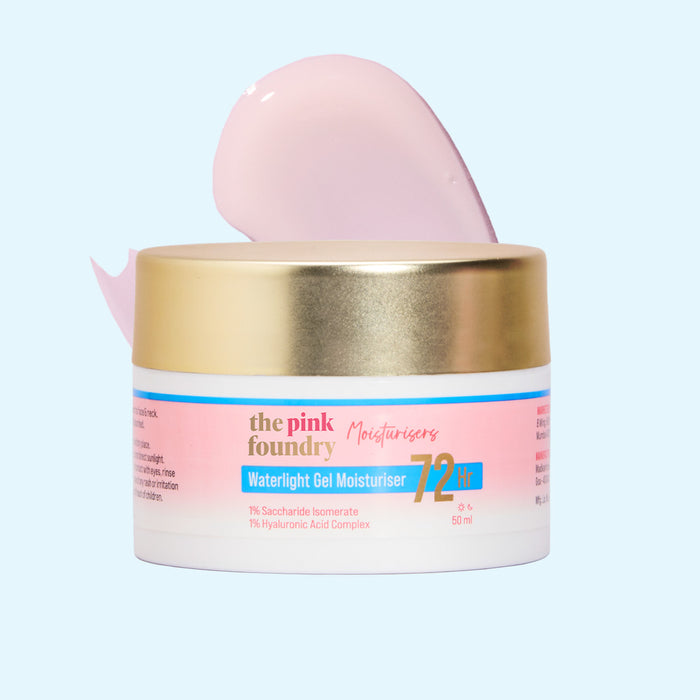





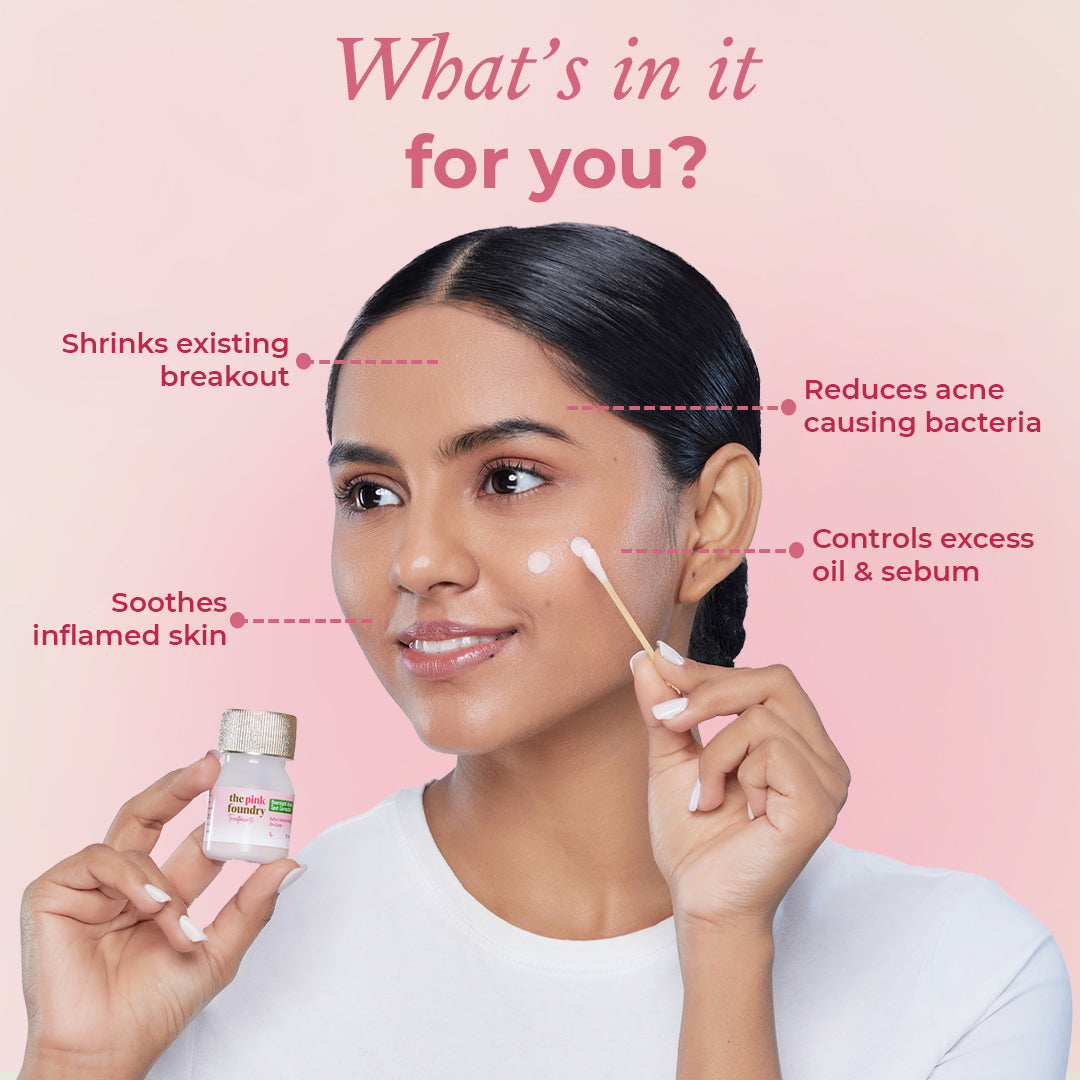
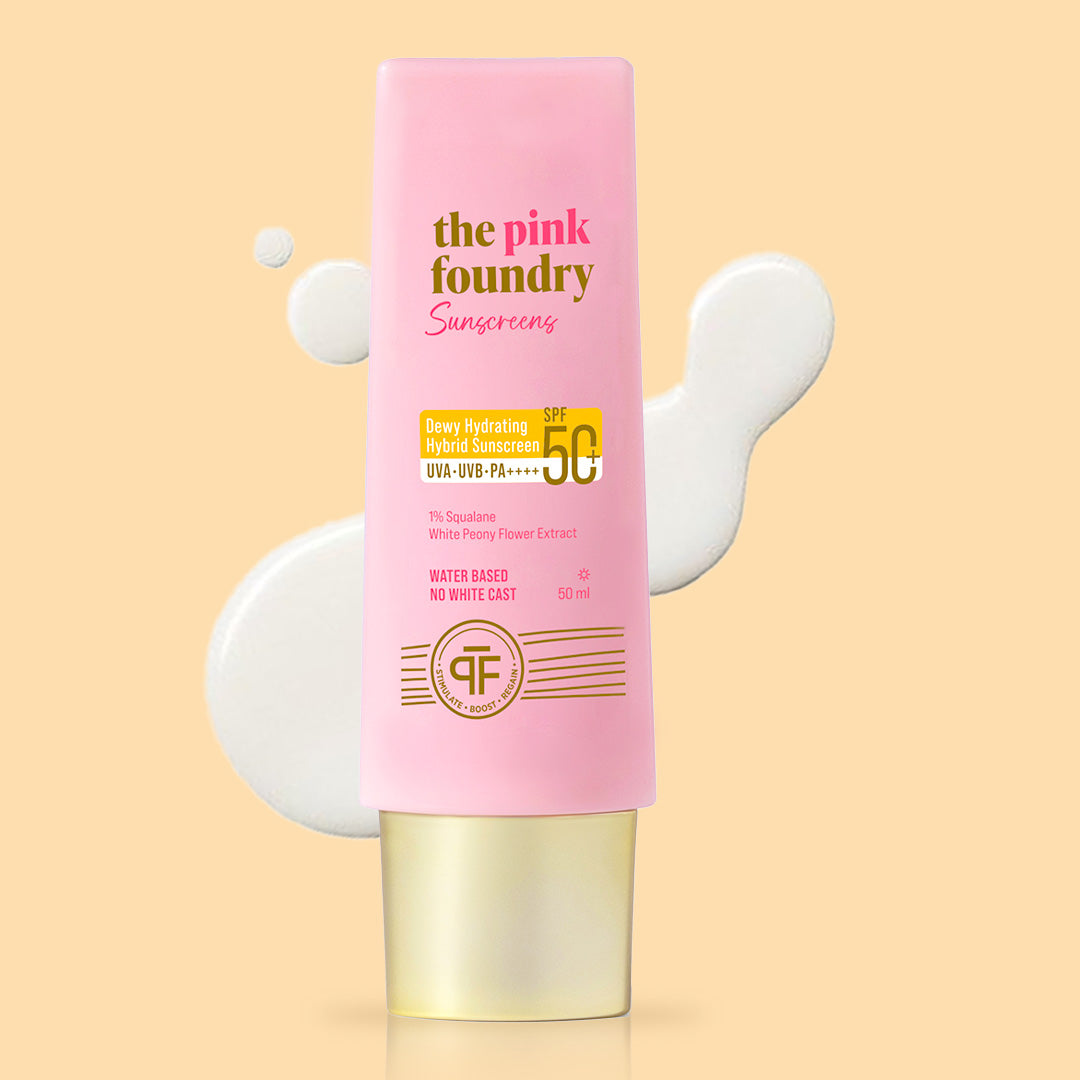
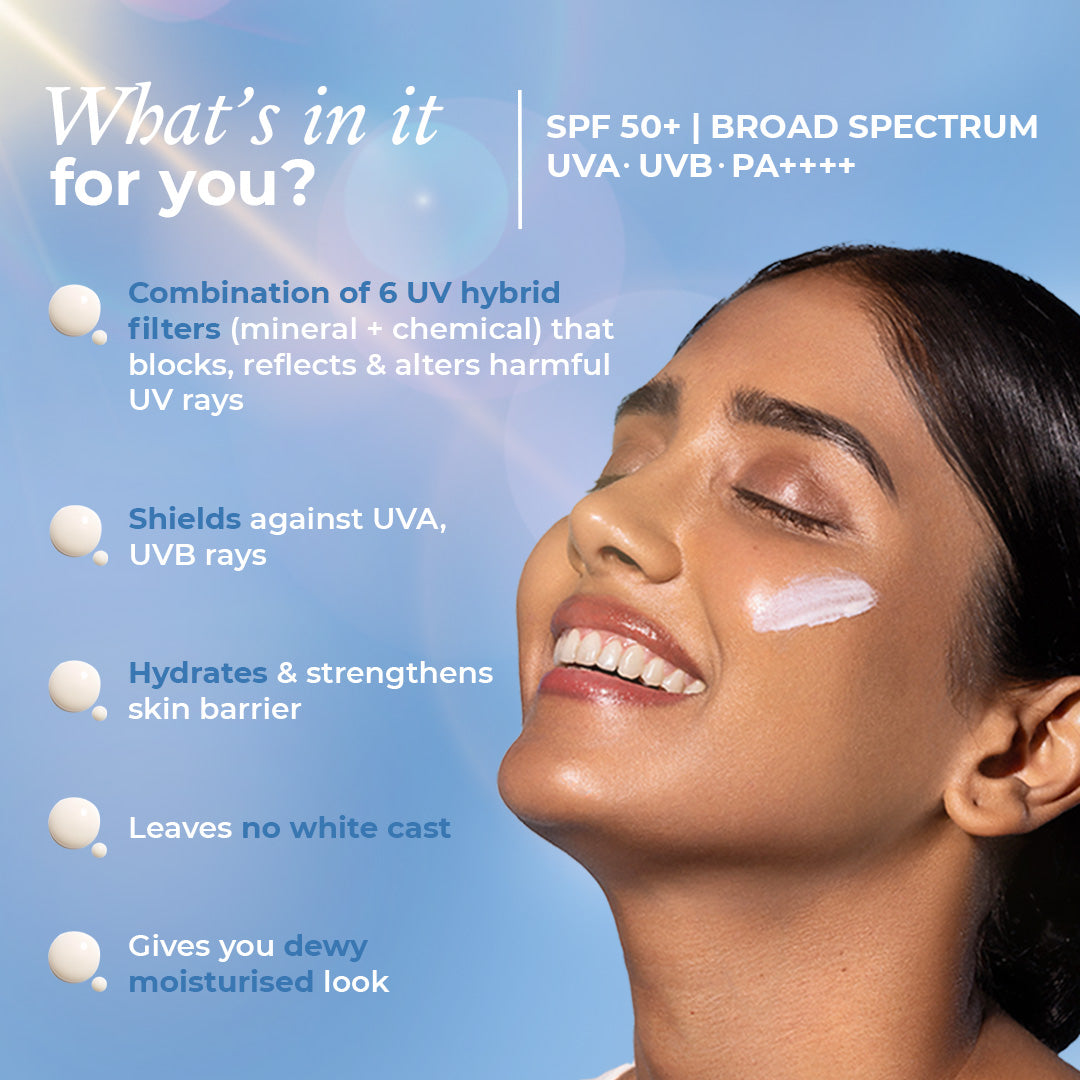


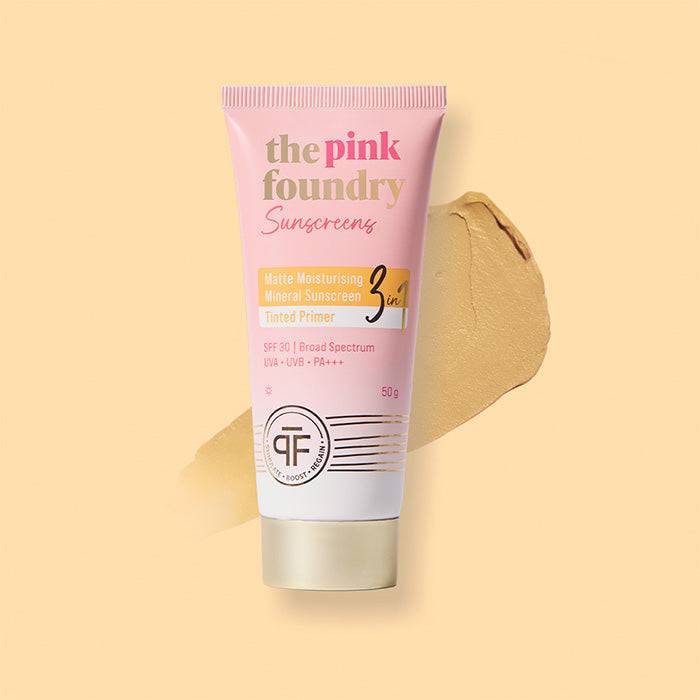
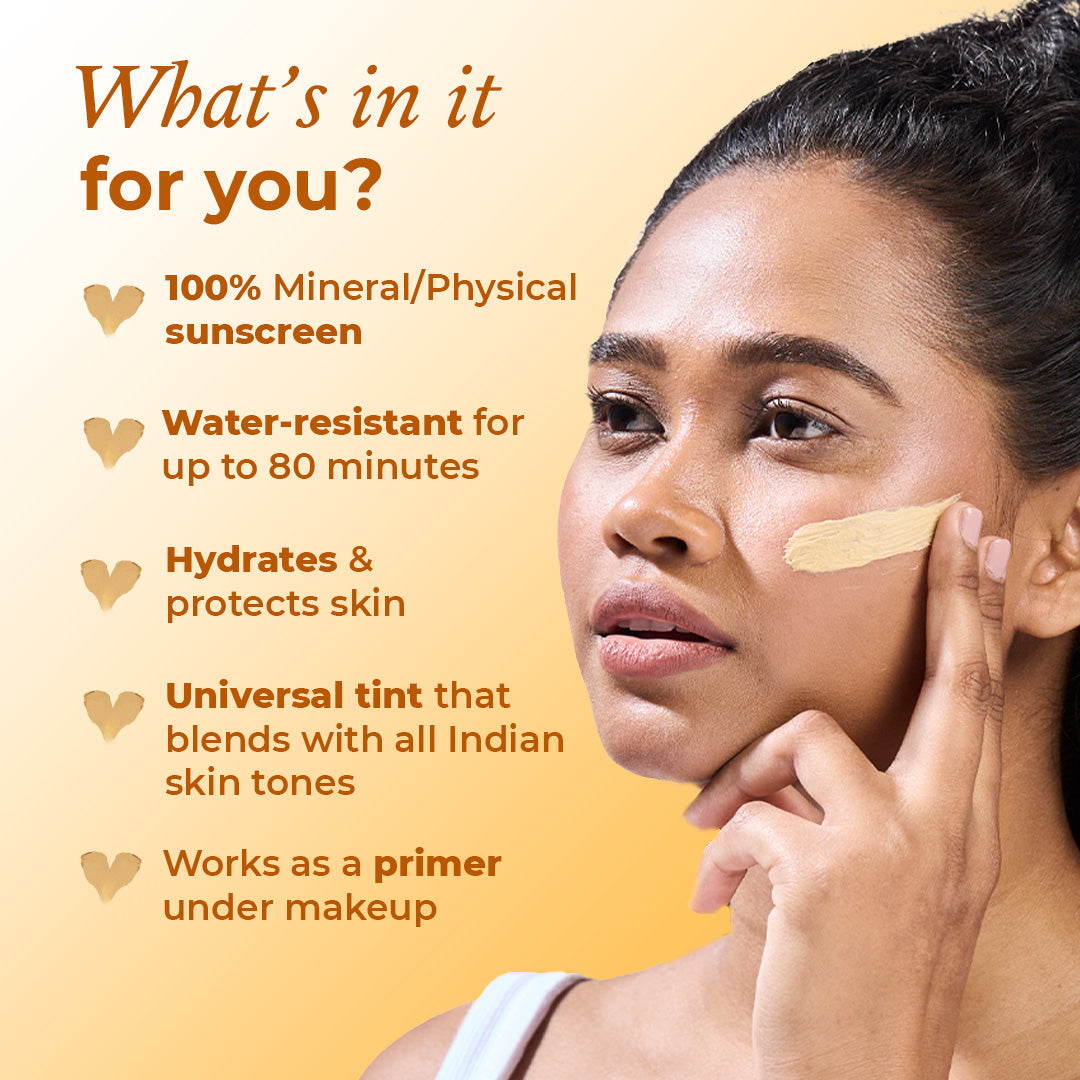



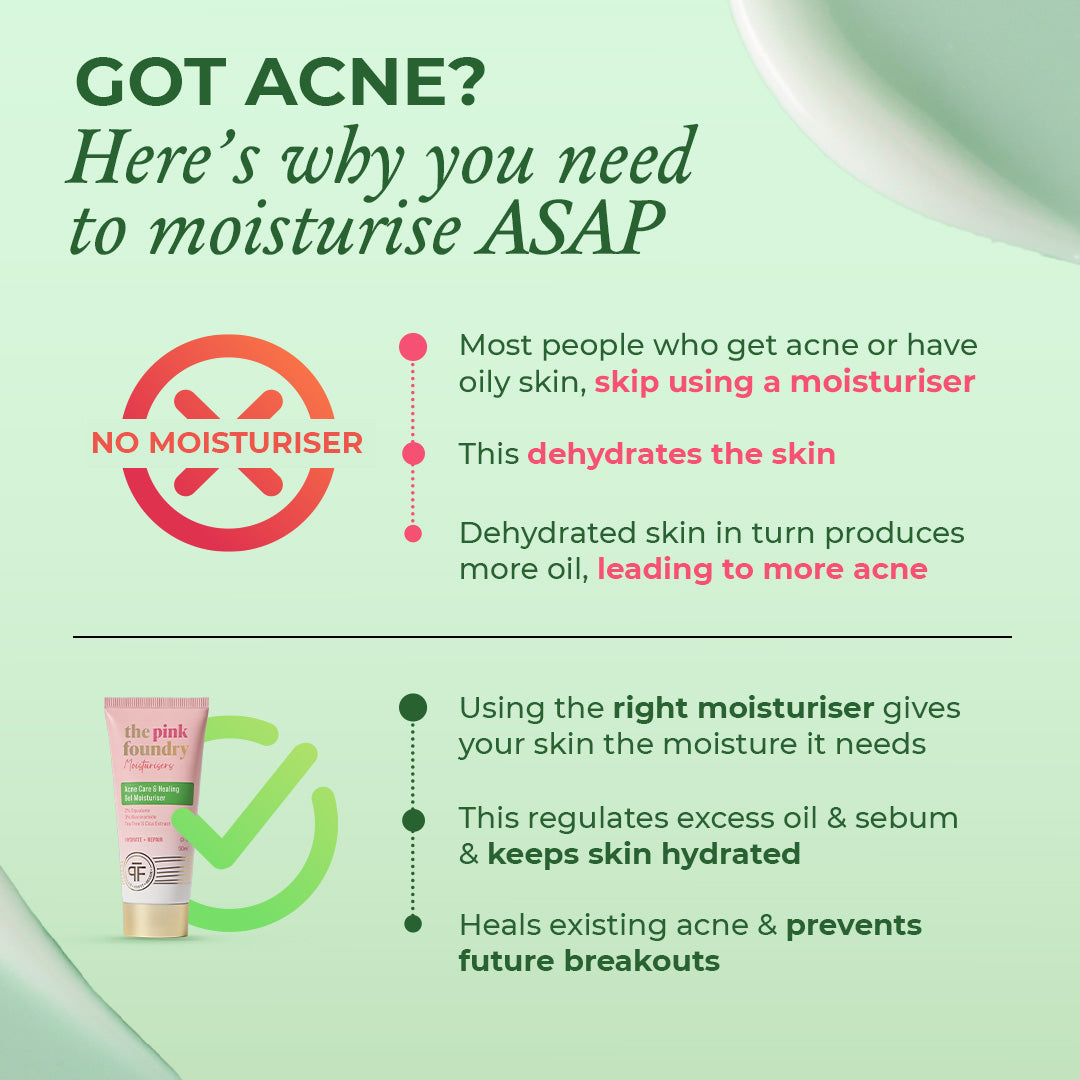
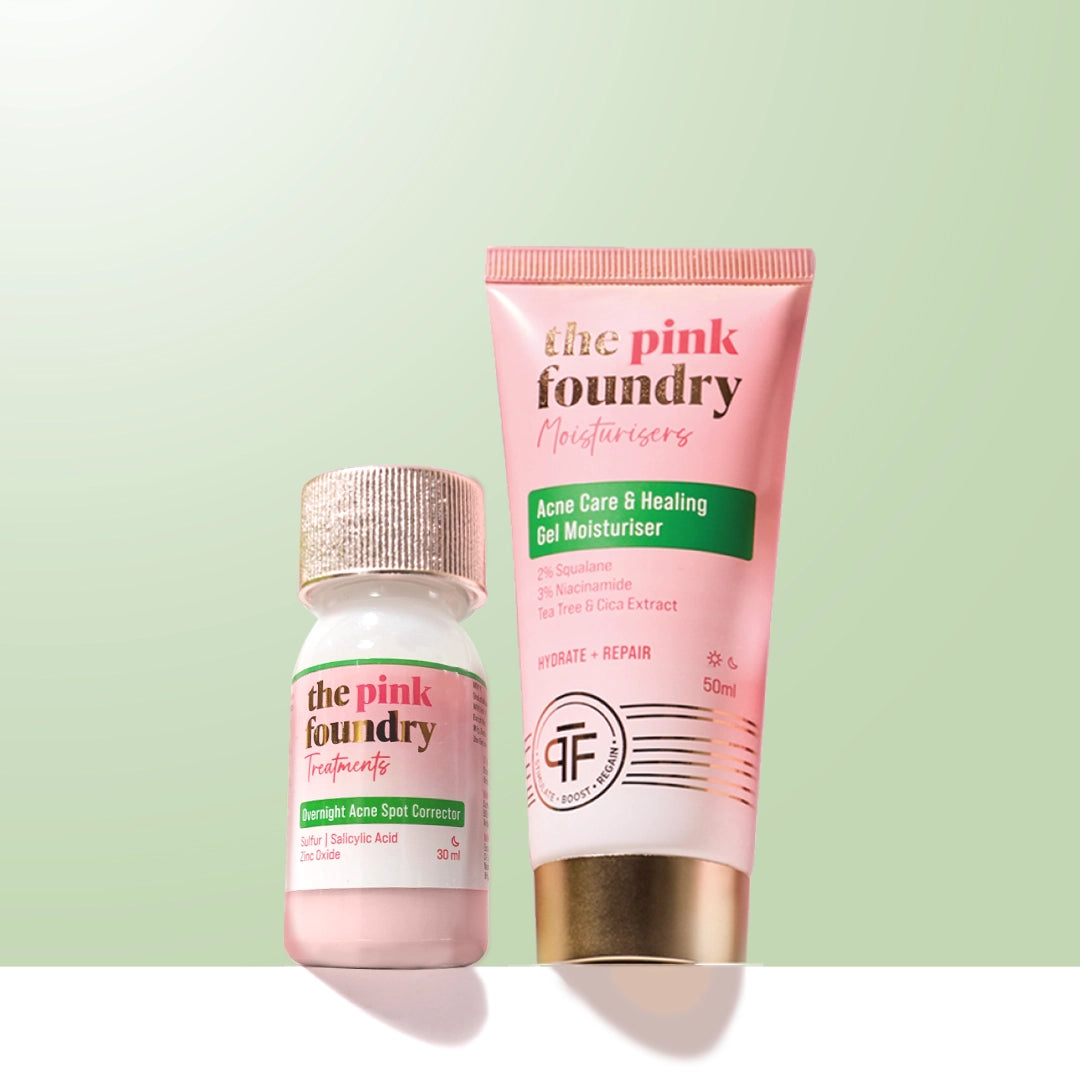
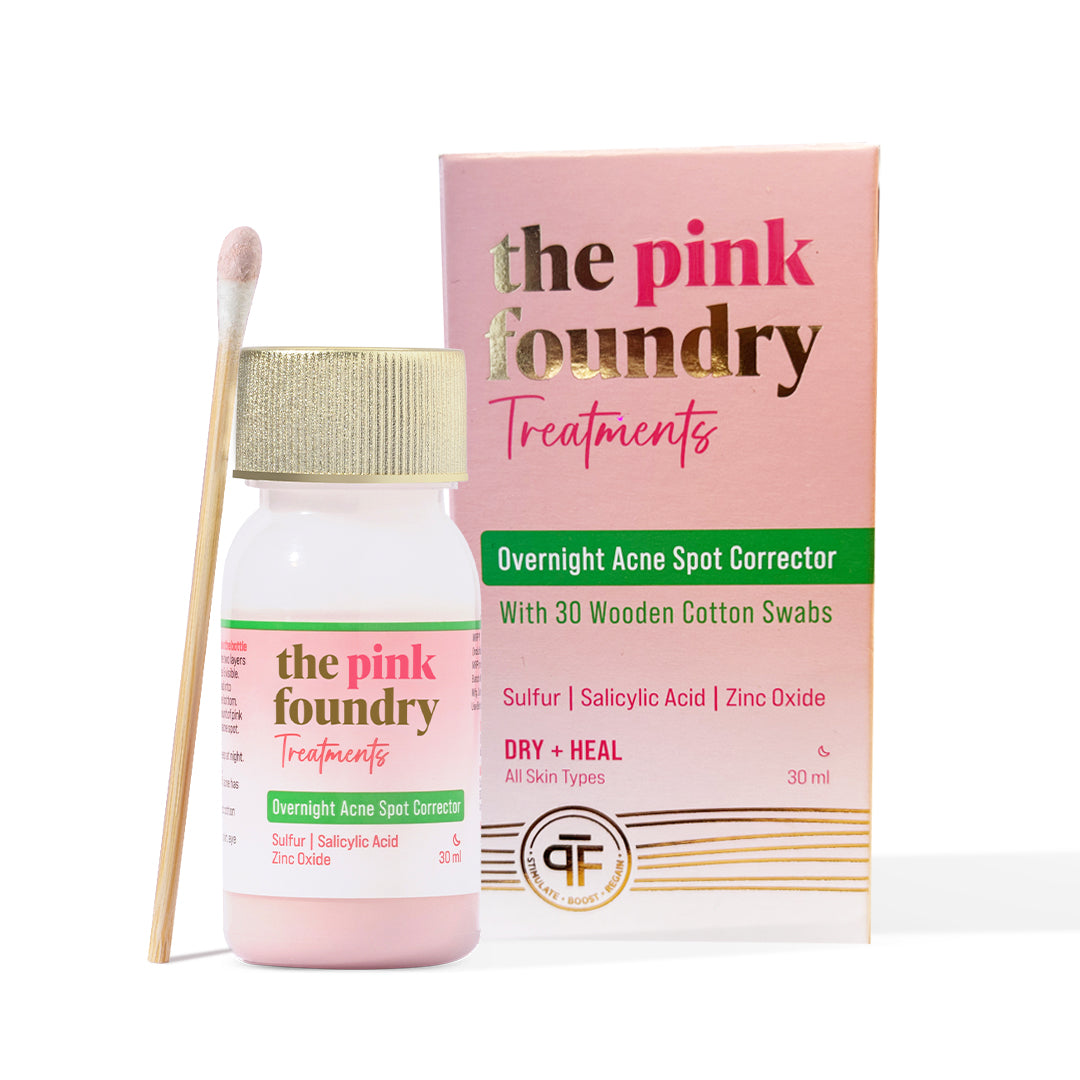
Leave a comment
This site is protected by hCaptcha and the hCaptcha Privacy Policy and Terms of Service apply.